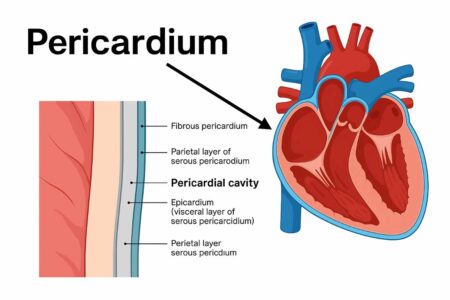Trauma is often seen as something that occurs in isolated incidents—whether it’s a natural disaster, an accident, or emotional pain from a past relationship. However, trauma’s effects can be more insidious than we realize, influencing not just our mental health but also our everyday wellness. It shapes our physical, emotional, and psychological states, often without us even being fully aware of it. In this blog, we’ll explore the profound connection between trauma and wellness, examining how unresolved trauma can impact your daily life and how healing is possible.
The Impact of Trauma on Mental Health
Trauma has a significant impact on mental health. It often leads to conditions such as depression, anxiety, PTSD, and even complicated grief. When an individual experiences a traumatic event, the brain processes it in a way that can affect its function. For instance, the trauma might cause heightened alertness, memory problems, or emotional numbness, which can disrupt daily routines. This can manifest as difficulty concentrating at work or feeling overwhelmed by social interactions. Over time, these mental health challenges can make it harder for individuals to function in everyday life, leaving them feeling disconnected or incapable of managing their responsibilities.
Physical Wellness and Trauma: An Underestimated Link
While the connection between trauma and mental health is well-known, the impact on physical wellness is often overlooked. The body holds onto trauma in ways that affect physical health, sometimes manifesting as chronic pain, fatigue, or even autoimmune disorders. When a person is experiencing unresolved trauma, their body remains in a heightened state of stress. This stress response can lead to physical issues such as digestive problems, headaches, or sleep disturbances.
Moreover, prolonged trauma can disrupt the body’s ability to heal and regulate itself. The immune system may be weakened, making it harder for the body to fend off illness. Muscle tension from emotional stress can lead to chronic pain, especially in areas like the back, neck, and shoulders. Over time, this physical stress exacerbates other wellness issues, making recovery and everyday tasks feel even more challenging.
The Emotional Toll of Trauma on Daily Life
Trauma affects emotional wellness in profound ways. People who have experienced trauma often struggle with trust, vulnerability, and emotional regulation. This can make it harder to build or maintain meaningful relationships, resulting in isolation or loneliness. Emotional triggers may cause outbursts of anger, sadness, or even withdrawal from social interactions.
These emotional difficulties can prevent someone from feeling connected to others and the world around them, which is a critical component of overall wellness. Relationships with family, friends, and coworkers can suffer, leaving the individual feeling unsupported or misunderstood. The emotional weight of unresolved trauma can seep into everyday life, making simple tasks feel overwhelming or emotionally taxing.
Steps Towards Healing and Restoring Wellness
Healing from trauma and restoring wellness is a multifaceted journey that involves both physical and emotional recovery. The first step is recognizing the impact trauma has on your life. Once awareness is gained, individuals can begin the process of healing through various therapeutic approaches. Trauma-focused therapy, such as trauma-focused therapy Miami, can help process the memories and emotional responses tied to trauma.
Therapy—whether it’s through counseling, trauma-informed practices, or EMDR (Eye Movement Desensitization and Reprocessing)—can help process the memories and emotional responses tied to trauma.
Conclusion
Trauma affects far more than just our mental health—it impacts every aspect of our wellness. By understanding the deep connection between trauma and everyday life, we can take the necessary steps to heal and reclaim our well-being. Through therapy, emotional support, and self-care practices, individuals can work toward healing, restoring balance, and leading a more fulfilling life.






